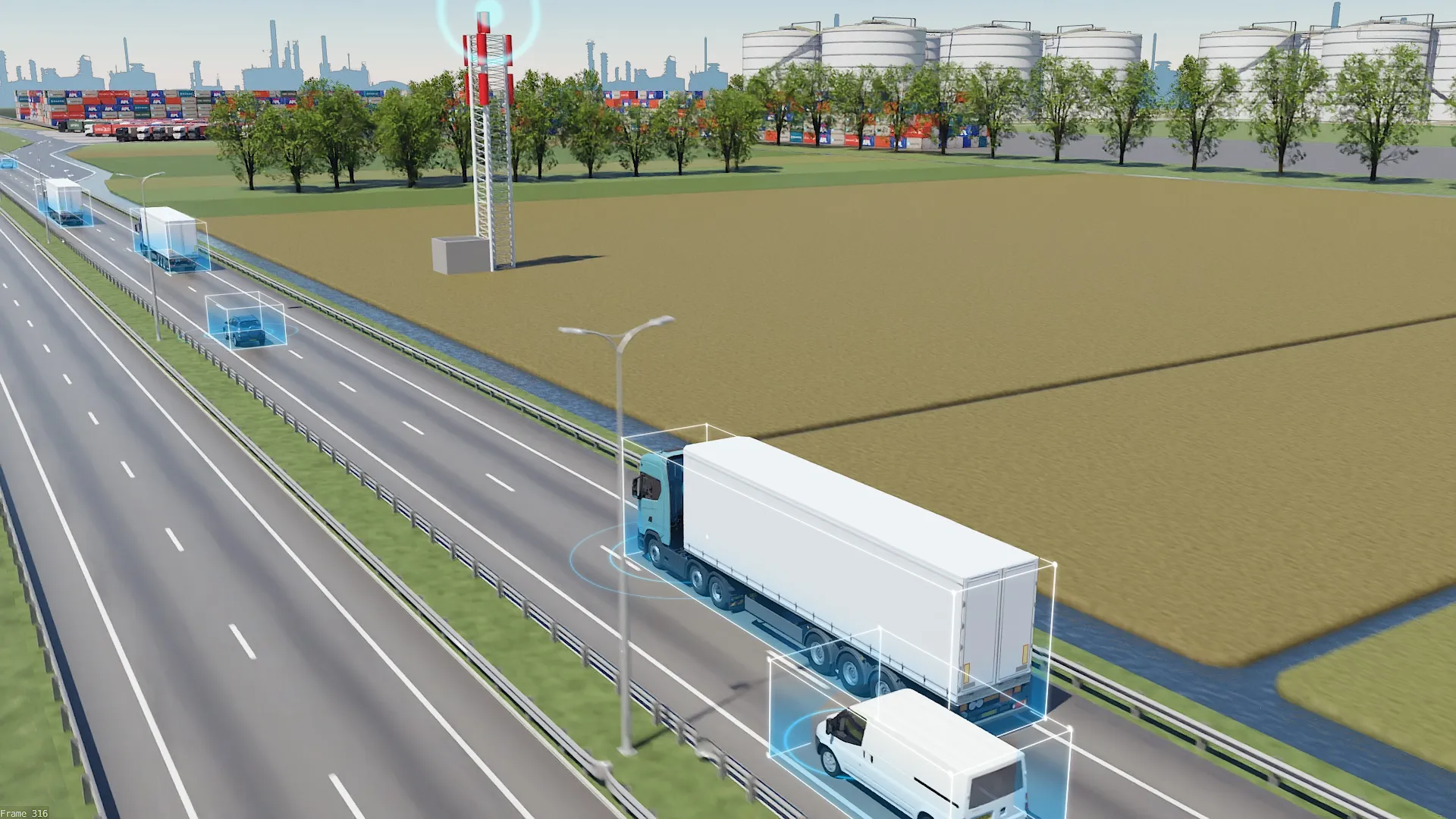The European Commission (EU) is expected to invest around US$276 million to create smart cities in the next two years. The High Level Group of the European Innovation Partnership (EIP) for Smart Cities and Communities has agreed the Strategic Implementation Plan (SIP) which will serve as the basis for speeding up the deployment of Smart City solutions in Europe.
The SIP is drafted by and based on a thorough consultation of representatives from industry, cities, civil society and research including UITP.
October 25, 2013
Read time: 2 mins
The 1690 European Commission (EU) is expected to invest around US$276 million to create Smart cities in the next two years. The High Level Group of the European Innovation Partnership (EIP) for Smart Cities and Communities has agreed the Strategic Implementation Plan (SIP) which will serve as the basis for speeding up the deployment of Smart City solutions in Europe.
The SIP is drafted by and based on a thorough consultation of representatives from industry, cities, civil society and research including UITP. The plan sets out a broad range of new actions and approaches to encourage cities to become smarter. The plan concentrates on how to drive forward improvement in buildings and planning, new information technologies, sustainable urban transport and energy, and new ways of integrating these areas.
The plan also suggests improvements to the way that cities are run with better ways of involving citizens and more collaborative ways of doing things. It suggests innovation zones, new business models, a re-evaluation of rules and legislation and a more standardised approach to data collection and use to enable better comparisons between approaches and between cities.
This is just the beginning of a large scale programme of work by all the partners and many others. An important part of that work will be the "’Lighthouse Projects’, cities which will demonstrate and deliver Smart city solutions on a large scale. These projects will be partly financed by the European Commission's Horizon 2002 Research Funds. Further business and public funding will help to spread these new solutions to other cities and economies of scale will help to make these innovative and high tech solutions the norm and available more easily to all cities and neighbourhoods.
The Commission is expected to invest around €200m to create Smart cities in the next two years. More details about these next steps and about European Commission funding and business commitments will be announced at the official launch of the delivery plan on 26 November in Brussels.
The SIP is drafted by and based on a thorough consultation of representatives from industry, cities, civil society and research including UITP. The plan sets out a broad range of new actions and approaches to encourage cities to become smarter. The plan concentrates on how to drive forward improvement in buildings and planning, new information technologies, sustainable urban transport and energy, and new ways of integrating these areas.
The plan also suggests improvements to the way that cities are run with better ways of involving citizens and more collaborative ways of doing things. It suggests innovation zones, new business models, a re-evaluation of rules and legislation and a more standardised approach to data collection and use to enable better comparisons between approaches and between cities.
This is just the beginning of a large scale programme of work by all the partners and many others. An important part of that work will be the "’Lighthouse Projects’, cities which will demonstrate and deliver Smart city solutions on a large scale. These projects will be partly financed by the European Commission's Horizon 2002 Research Funds. Further business and public funding will help to spread these new solutions to other cities and economies of scale will help to make these innovative and high tech solutions the norm and available more easily to all cities and neighbourhoods.
The Commission is expected to invest around €200m to create Smart cities in the next two years. More details about these next steps and about European Commission funding and business commitments will be announced at the official launch of the delivery plan on 26 November in Brussels.









